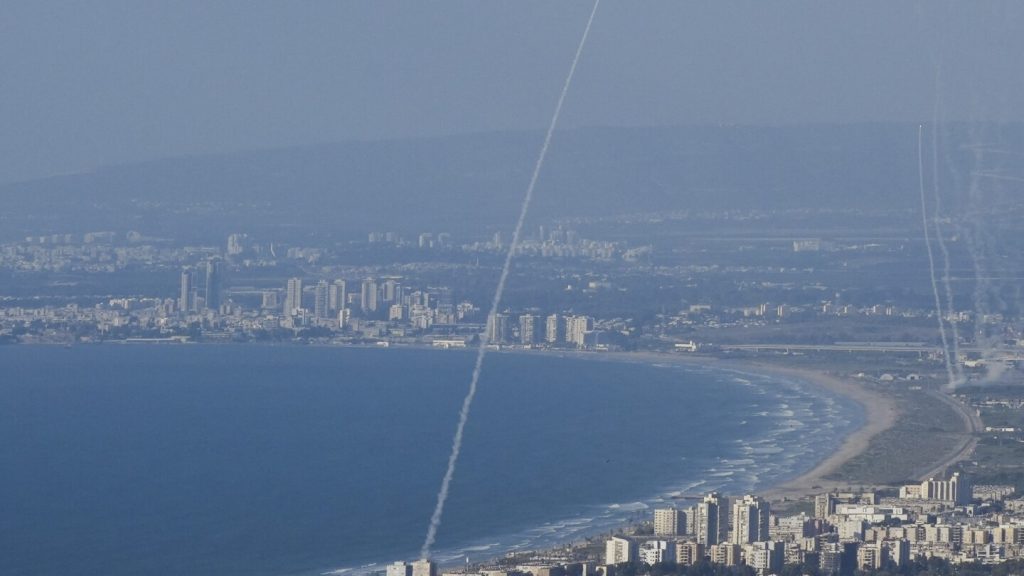The United States is sending additional troops to the Middle East in response to rising tensions between Israel and Hezbollah forces in Lebanon. The Pentagon did not disclose the number of troops being deployed or their specific tasks but stated that the decision was made out of an abundance of caution. The U.S. now has about 40,000 troops in the region, with the possibility of keeping two aircraft carriers in the area to respond to any escalation of violence.
Israeli forces have conducted significant strikes in Lebanon, resulting in hundreds of casualties and further operations being planned. Israeli Prime Minister Benjamin Netanyahu issued a warning to Lebanese civilians to evacuate their homes ahead of an expanding air campaign. As the situation escalates, the U.S. has developed “concrete ideas” to restore calm along the Israel-Lebanon border and will present them to allies and partners at the U.N. General Assembly. The goal is to provide an “off-ramp” for both Israel and Hezbollah to prevent an all-out war.
Amid the increasing risk of a regional conflict, the State Department has advised American citizens to leave Lebanon due to the ongoing conflict between Hezbollah and Israel. The U.S. Embassy encourages citizens to depart while commercial options are still available. The potential for the evacuation of American citizens by additional U.S. forces remains uncertain, with a decision expected soon on the future deployment of the USS Abraham Lincoln aircraft carrier. Having two carrier strike groups in the Middle East simultaneously is a rare occurrence, but recent events have necessitated increased naval presence in the region.
The American military presence in the Middle East is aimed at defending Israel and ensuring the safety of U.S. and allied personnel and assets. Navy warships are strategically positioned across the region, with Air Force and Navy fighter jets stationed in various locations to respond effectively to any potential threats. Defense Secretary Lloyd Austin has engaged in diplomatic efforts, including calls with Israeli Defense Minister Yoav Gallant, to seek a cease-fire and reduce tensions in the region. The situation is described as dangerous, with the potential for a wider regional conflict looming if tensions continue to escalate.
The United States is taking proactive steps to address the escalating violence in the Middle East and prevent a broader regional war. With additional troops being deployed and diplomatic efforts underway, the focus is on de-escalating tensions and finding a peaceful resolution to the conflict between Israel and Hezbollah. As the situation evolves, the U.S. remains prepared to protect its interests in the region and support its allies, with a constant readiness to respond to any threats or emergencies that may arise.


